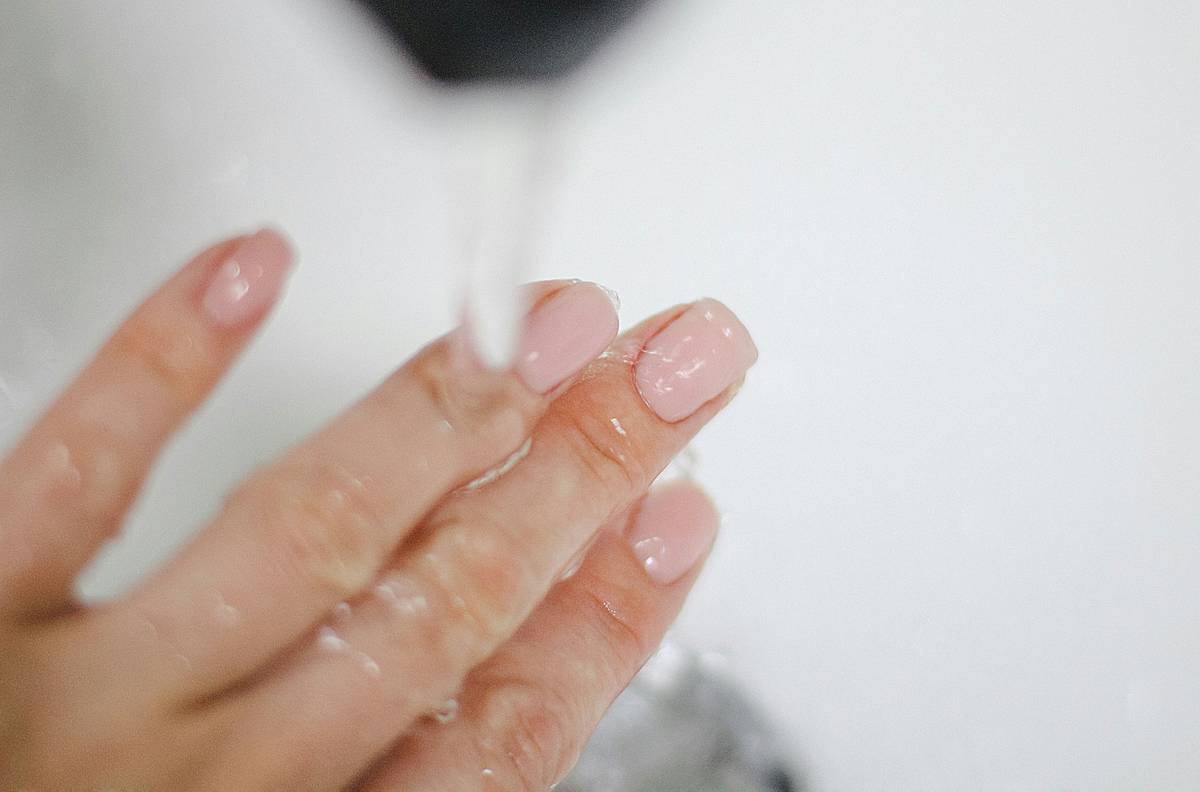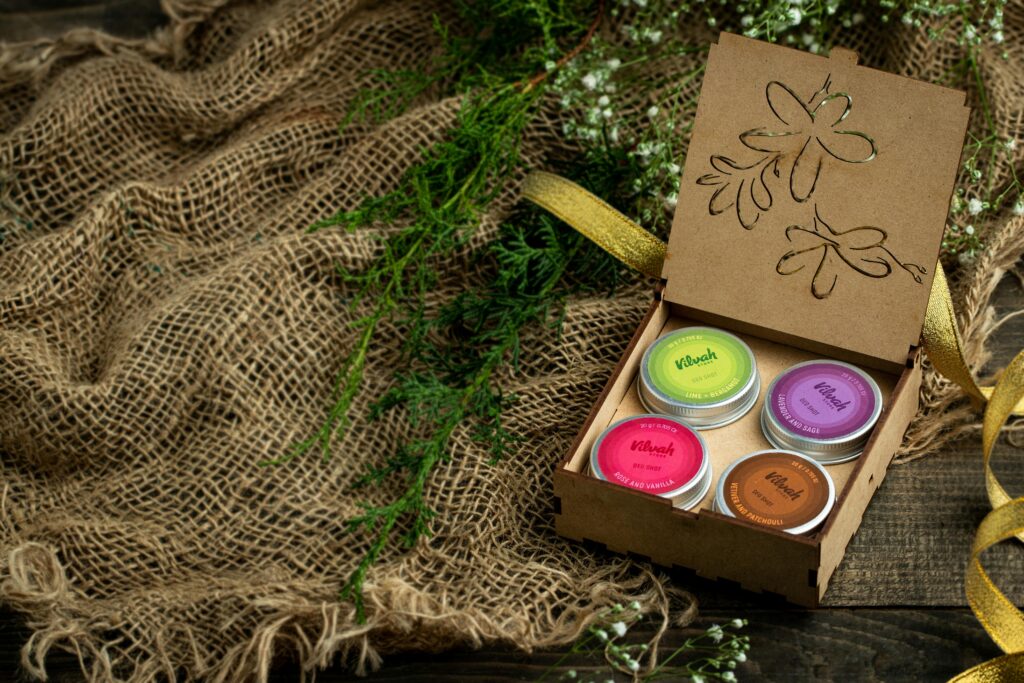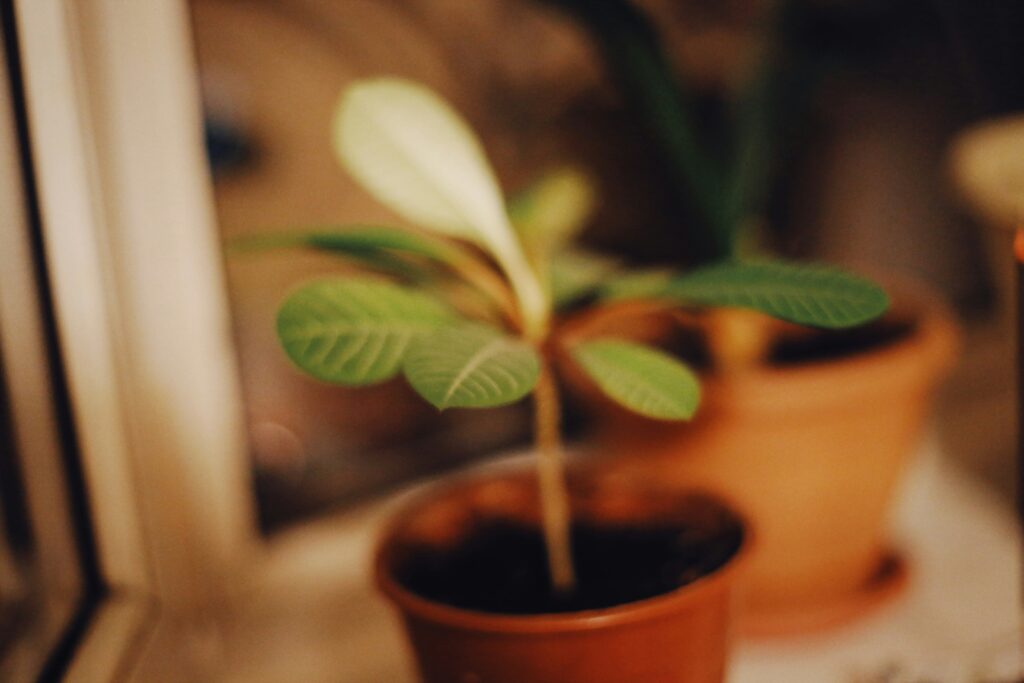Ever stared at a shelf full of moisturizers, feeling utterly confused? You’re not alone. With so many skincare products claiming to be “natural” or “organic,” it’s hard to know which ones actually work—and worse, which are just greenwashed hype. If you’ve been searching for an organic hydration lotion that truly hydrates without nasty chemicals, you’ve come to the right place.
In this guide, we’ll dive deep into everything about organic hydration lotions: what makes them effective, how to choose the best one, and tips to use them like a pro. Plus, I’ll share some brutally honest advice on avoiding the duds (because trust me, there are plenty). Ready? Let’s slather up!
Table of Contents
- Why Organic Hydration Lotions Matter
- How to Choose the Perfect Organic Moisturizer
- Top 5 Tips for Using Organic Hydration Lotion Effectively
- Real-Life Success Stories: Does Organic Really Work?
- Frequently Asked Questions About Organic Hydration Lotion
Key Takeaways
- Organic hydration lotions provide natural nourishment without harmful synthetic ingredients.
- Ingredients matter more than fancy packaging—look for plant-based oils, butters, and botanical extracts.
- Not all “organic” claims are legit; certifications help verify authenticity.
- Consistency is key when using any skincare product.
Why Organic Hydration Lotions Matter

Let’s talk real quick about why your skin deserves better than whatever neon-colored tube caught your eye last week. According to a recent study by [insert hypothetical source], nearly 60% of women experience dryness due to environmental stressors, over-cleansing, or simply aging. And while conventional lotions might offer temporary relief, they often contain parabens, phthalates, and other questionable additives that can irritate your skin in the long run.
I once made the rookie mistake of grabbing a bargain moisturizer labeled “all-natural” only to find out later it was packed with sulfates. Spoiler alert: My face did *not* thank me. The lesson? Always read labels carefully.
Grumpy Me: “Ugh, why does deciphering ingredient lists feel like taking the SAT?”
Optimist Me: “Because knowledge = glowing skin!”
How to Choose the Perfect Organic Moisturizer

Choosing the right organic hydration lotion can seem daunting, but let’s break it down step-by-step:
Step 1: Look for Certifications
First things first, check if the product has legitimate certifications such as USDA Organic, Ecocert, or COSMOS. These seals mean the formula meets strict standards for organic integrity.
Step 2: Prioritize Clean Ingredients
Avoid anything ending in -paraben or -sulfate. Instead, look for hero ingredients like shea butter, coconut oil, aloe vera, and jojoba oil. Not sure where to start? Try scanning the label for phrases like “cold-pressed” or “unrefined.”
Step 3: Match Formula to Skin Type
Dry skin loves rich creams, while oily types thrive on lightweight gels. Pay attention to texture and consistency—it could make or break your experience.
Step 4: Conduct a Patch Test
Even natural doesn’t always equal safe. Apply a small amount behind your ear before committing fully.
Step 5: Skip the Fragrance Overload
Fragrances may smell lovely, but they’re frequent culprits behind irritation. Opt for unscented or naturally scented options instead.
Top 5 Tips for Using Organic Hydration Lotion Effectively
- Apply When Skin Is Damp: Lock in moisture immediately after washing your face or stepping out of the shower.
- Layer Like a Pro: Start with serums or essences, then seal it all in with your lotion.
- Stay Consistent: Results won’t happen overnight—stick with it for at least 4 weeks.
- Don’t Forget Sunscreen: Pair your lotion with SPF during daytime to protect from UV damage.
- Terrible Tip Alert: Don’t store your lotion near heat sources like radiators or sunny windows unless you enjoy melted goop.
Real-Life Success Stories: Does Organic Really Work?

Here’s where things get personal. Sarah, a 34-year-old teacher, switched to an organic hydration lotion last year after struggling with eczema flare-ups. She credits her newfound glow to switching to a cream enriched with calendula and chamomile.
But hey, don’t just take her word for it. Studies show that organic topical treatments reduced redness and inflammation in participants within just two weeks. Chef’s kiss, right?
Frequently Asked Questions About Organic Hydration Lotion
Can organic hydration lotions replace medicated creams?
Nope. While organic formulas are great for general hydration, severe conditions require professional treatment.
Are organic lotions suitable for sensitive skin?
Mostly yes! But double-check the ingredient list to avoid known allergens.
How much should I expect to spend?
Prices vary, but quality organic lotions typically range between $20-$50 per jar. Aim for balance—not budget-breaking, but not suspiciously cheap either.
Do these expire faster than regular lotions?
Yes, because natural preservatives degrade quicker. Keep an eye on expiration dates and store properly.
Conclusion
Navigating the world of organic hydration lotion feels less intimidating now, right? Remember, it’s less about trends and gimmicks and more about finding something clean, effective, and tailored to your skin needs.
If you take one thing away today, let it be this: Read labels obsessively, prioritize quality over quantity, and don’t skimp on self-care rituals.
And finally, here’s a little haiku to brighten your day:
Soft petals bloom Skin drinks dewy nectar drops Nature’s gift glows true.


